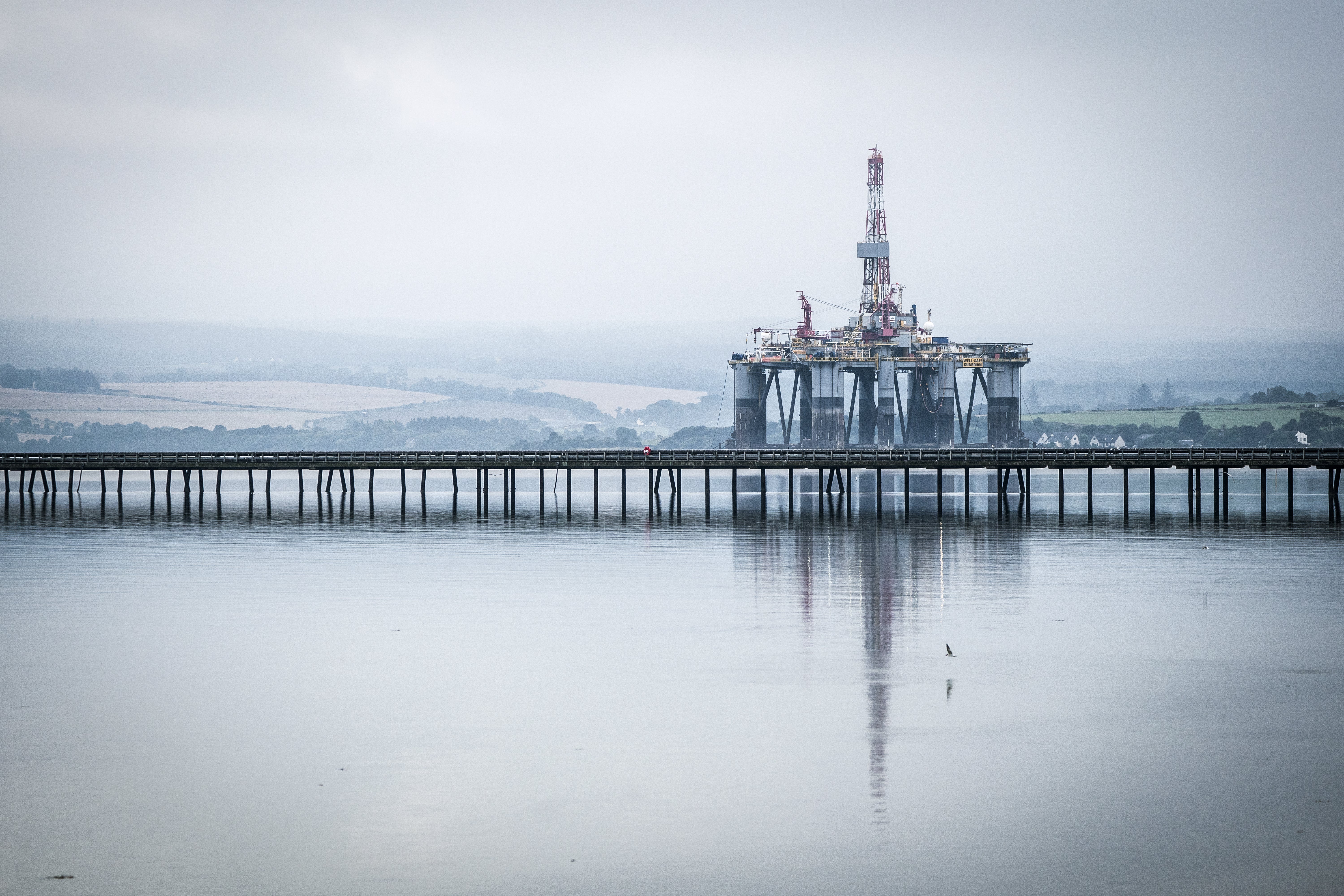Oil prices help lift FTSE as US jobs report disappoints
The price of Brent crude oil hit 83.23 per barrel on Friday

Your support helps us to tell the story
From reproductive rights to climate change to Big Tech, The Independent is on the ground when the story is developing. Whether it's investigating the financials of Elon Musk's pro-Trump PAC or producing our latest documentary, 'The A Word', which shines a light on the American women fighting for reproductive rights, we know how important it is to parse out the facts from the messaging.
At such a critical moment in US history, we need reporters on the ground. Your donation allows us to keep sending journalists to speak to both sides of the story.
The Independent is trusted by Americans across the entire political spectrum. And unlike many other quality news outlets, we choose not to lock Americans out of our reporting and analysis with paywalls. We believe quality journalism should be available to everyone, paid for by those who can afford it.
Your support makes all the difference.London’s top index was lifted by its oil majors and mining giants on Friday as it shrugged off disappointing jobs figures out of the US.
The FTSE 100 had added 0.3% to its value by the end of the day, despite US non-farm payrolls significantly undershooting expectations.
It ended up 17.51 points to 7,095.55.
Figures out of Washington showed that 194,000 jobs were added last month, below the half a million that had been forecast by analysts.
“Overall however, given the above, markets seem to have taken it reasonably well, holding their ground and avoiding a major drop so far this afternoon,” said IG analyst Chris Beauchamp.
The rising oil price, which hit a new three-year high on Friday, proved enough to help the FTSE out of any sluggishness.
The price of Brent crude had increased by around 1.6% to 83.23 US dollars per barrel as markets were preparing to close across Europe.
It put a spring in the step of BP and Shell shares, up 2.5% and 2.2% respectively.
“Some of the hesitation in markets is also down to the ongoing rise in oil, which, far from slowing, appears to be gathering pace now that Opec+ has opted to hold production steady for the time being,” Mr Beauchamp said.
“The world economy, facing severe bottlenecks leading to inflation across a host of sectors, is ill-equipped for another turbo-charged oil price rise, and this could well stack up to be the big risk for the autumn.”
In the US, the S&P 500 and Dow Jones were both trading fairly flat as markets closed in London. The FTSE’s European cousins were in the red, with the Dax losing 0.3% and the Cac 40 dropping 0.6%.
Sterling was flat against the dollar, trading at 1.3632, and against the euro at 1.1782.
In London, Royal Mail announced early on Friday that it had bought Canadian logistics firm Rosenau Transport, which it will add to the company’s 27 depots in the country.
The £211 million deal will see Royal Mail’s subsidiary General Logistics Systems, which operates on the west coast of the US, link up with the operations north of the border.
Shares in Royal Mail closed down 0.7%.
Despite attempts to brand the summer as “exceptional” and an August where sales were 50% higher than they had been before the pandemic, Hollywood Bowl’s shares failed to hit a strike.
The company closed up just 0.4%, despite gaining as much as 5.3% earlier in the day.
The biggest risers on the FTSE 100 were BP, up 8.75p to 353.55p, Shell A, up 36.2p to 1,708.6p, Shell B, up 34.8p to 1,714.6p, Standard Chartered, up 8.8p to 480.8p, and Rolls-Royce, up 2.48p to 143.7p.
The biggest fallers on the FTSE 100 were Aveva, down 117p to 3,478p, United Utilities, down 40p to 1,770.5p, Spirax-Sarco, down 235p to 14,500p, Smurfit Kappa, down 53p to 3,804p, and Rightmove, down 9p to 670.4p.